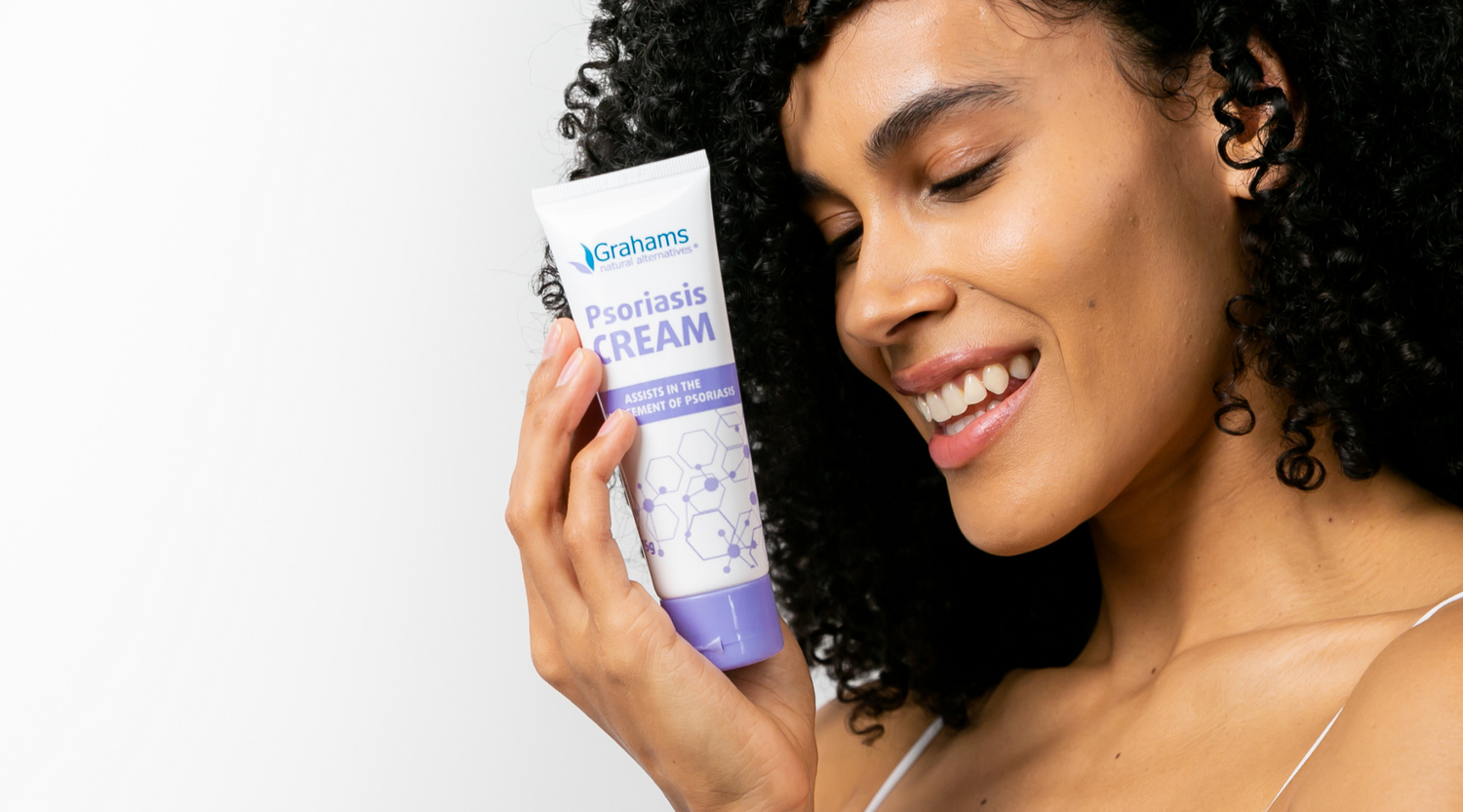Everyone knows that exercising has a long list of health and body benefits including controlling weight, maintaining fitness, reducing stress, and releasing endorphins. However, those suffering with skin conditions such as eczema can become sensitive to the sweat developed during exercise causing them skin irritation and potential scratching.
Any exercise that causes your body to heat up, needs sweat to regulate your body’s temperature. As the sweat starts to evaporate it starts to cool the skins surface. Perspiration or sweat is made up of water, urea, lactate and minerals such as sodium. Eczema sufferers that exercise will notice that the physical act will almost always dry out their skin due to the loss of the fluids, while the sodium in sweat can further dehydrate the skin due to the salt content. It is also common for the sodium in sweat to cause irritation and stinging to eczema prone skin. Eczema sufferers who undertake exercise often know that the comprised skin will become triggered and frenzied scratching will generally begin.
Despite the discomfort that you may feel, exercise is a great way to take care of your body and there are ways eczema or skin condition sufferers are able to minimize irritation while maximizing your workout!
- Drink plenty of water before, during and after exercise.
Drinking fluids regularly will replace the water lost when sweating reducing the dehydration to the skin. Anyone that suffers from a skin condition, suffers from dry skin and eczema sufferers specifically have a weaker skin barrier function. Drinking plenty of water will help keep the body and skin hydrated.
- Choose a exercise environment that has a large airflow and minimal heat exposure.
When exercising outdoors, the direct heat exposure can cause rapid sweating. If you are selecting a location to workout, choose heavily air flowed or controlled environment. If the outdoors is your choice of location, try the morning or evening when the temperature is cooler and less sun exposure is present. When exercising indoors try set up a fan or position yourself under a vent. This will help reduce perspiration.
- Consider your gym wear
Minimizing the irritation on the skin is important when working out with eczema. Choosing gym wear that is not tight will allow the skin to breathe and will reduce trapping of sweat in the skin. Try a loose fitting 100% cotton clothing as the fabric is light, loose fitting and wont rub or scratch the skin.
- Understand your eczema during your exercise.
Take regular breaks to rest, re-hydrate and cool down your skin if you feel your body is starting to become hot or a flare may appear. Being realistic about the state of your eczema will help you choose an intensity level of your workout that is safe for your skin.
- Apply moisturiser pre and post workout.
As the skin loses moisture and water through sweat, applying moisturiser, eczema cream or body oil before and after your workout means you will reduce the dehydration of your skin. For best results apply moisturiser 60 minutes prior to your workout and after showering - post workout.
- Clean your equipment before and after use.
This is a common gym rule however for eczema sufferers its especially important. Wiping down your equipment, mat or machine will prevent any access bacteria touching your sensitive skin. Also be mindful of soft porous materials such as yoga mas or machine padding as these often harbor bacteria from other gym users.
- Cool Down and Shower after your workout.
Cooling your skin and body down after your workout is a great idea however be mindful not to stay in your workout clothes for to long as this can increase the risk of irritation as the salt from your sweat will dry and lead to a potential flare up.
- Say no to hot showers and baths
After the gym, there is nothing quite like having a hot shower to wash away the sweat and relax the muscles, however if you have eczema or a skin condition the hot water will rid your skin of essential oils. Opting for a warm, controlled temperature shower to cleanse your skin will reduce the risk of a flare up that hot water can cause. Applying a body oil and eczema cream after showering is equally as important as this will add additional hydration to the skin that may have been lost during your workout.






